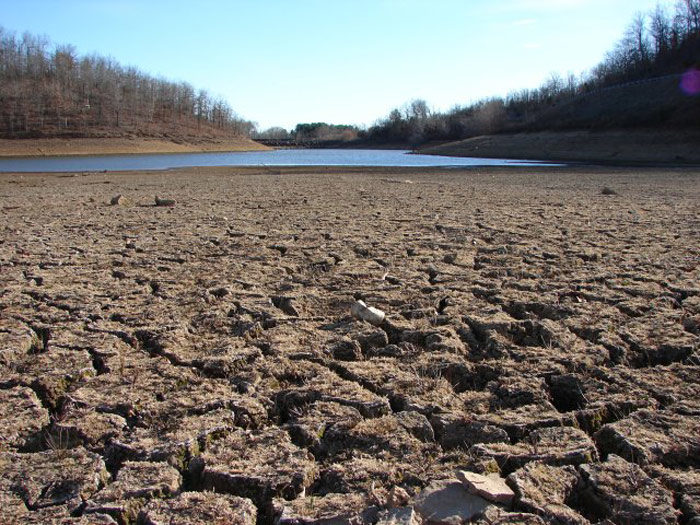
Image Credit: Wikimedia Commons
Lancaster has joined many other California communities addressing the state’s drought with a measure that beginning in 2015 will require all new houses to have plumbing capable of recycling gray water.
The city of 160,000 north of Los Angeles last year approved zoning changes that require developers to install photovoltaic (PV) panels on all new houses. Now, Greentech Media reports, they also will have to incorporate “recycle-ready” plumbing in all new houses.
It’s one of the many ways that California is tackling its severe water shortage.
Gray water, which is waste water from showers, sinks and laundries, can be used for irrigation and to flush toilets. Nexus eWater, a Lancaster startup, sells a new-home system for less than $10,000 that is capable of recovering two thirds of all the gray water a house produces, Greentech Media says, as well as recover heat from drain water.
Ralph Petroff, a company co-founder, told Greentech Media the system can reduce the amount of water used in a typical home by about one-third. The system also can be installed as a retrofit for existing houses.
How the system works
One problem with trying to storing and reusing gray water is its bacteria content. Although not nearly as bacteria laden as the “black water” from toilets, it still is far from clean.
In houses with the Nexus system, gray water is diverted to an underground 75-gallon drum, Greentech Media reports, where it is injected with bubbles. The infusion of air forces dirt and oil to the top of the drum, where it can be removed. Then the water is run through a carbon filter, bathed in UV light, and filtered again.
The heat-recovery portion of the system reduces the amount of energy needed for hot water by 75 percent, according to Nexus.
Developers will have to spend more money on the houses they sell, but they also stand to gain from improved water efficiency, Greentech Media says. Because houses equipped with the Nexus system generate so much less sewage than conventional houses, builders can put up more homes for the same sewer-connection fee.
Weekly Newsletter
Get building science and energy efficiency advice, plus special offers, in your inbox.





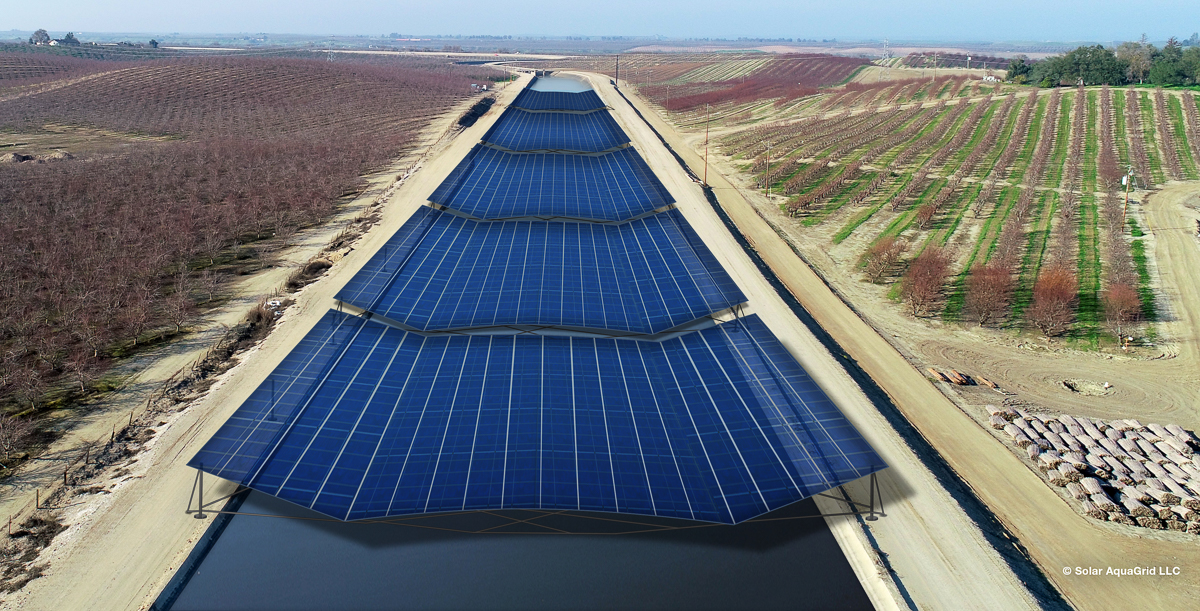
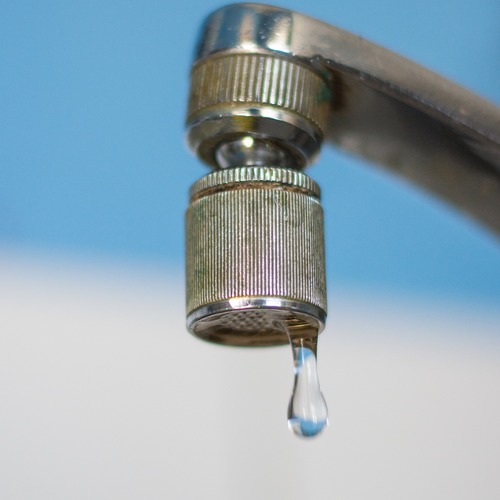
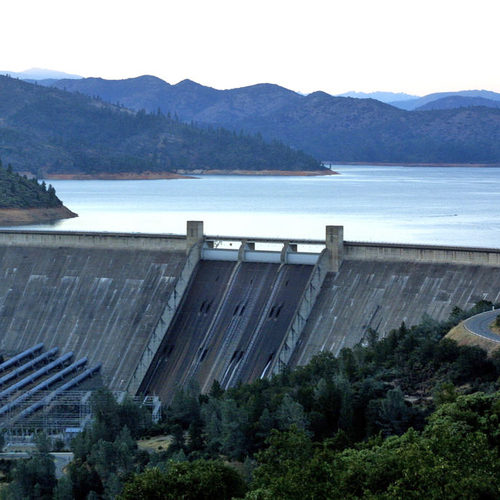
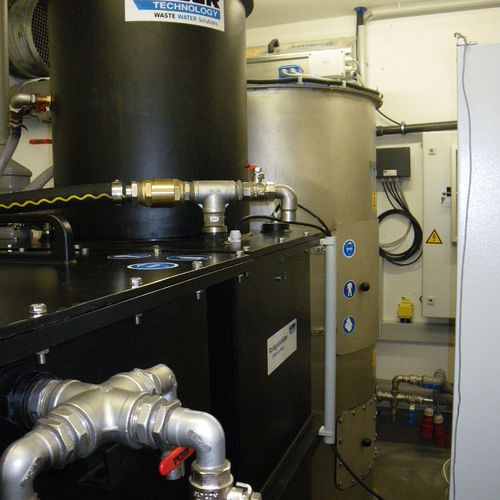






0 Comments
Log in or create an account to post a comment.
Sign up Log in